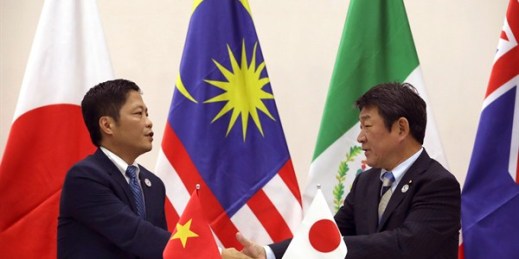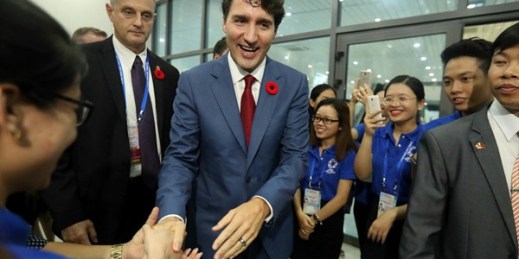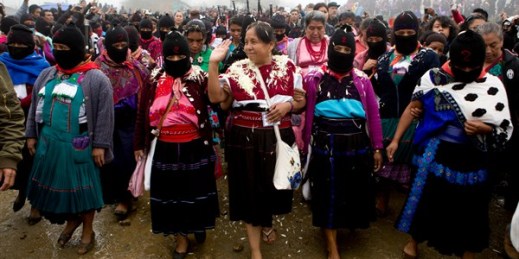
On the sidelines of the leaders’ summit for the Asia-Pacific Economic Cooperation forum, or APEC, earlier this month in Vietnam, the remaining members of the Trans-Pacific Partnership—the mega-regional free trade pact that includes Japan, Canada, Mexico, Australia, New Zealand, Chile, Peru, Malaysia, Vietnam, Singapore and Brunei—agreed on most elements of a deal to salvage it in the form of a new, so-called TPP-11. In late January, in one of the first moves after taking office as U.S. president, Donald Trump followed through on his campaign promise to withdraw the United States from what had been Barack Obama’s signature economic achievement […]


